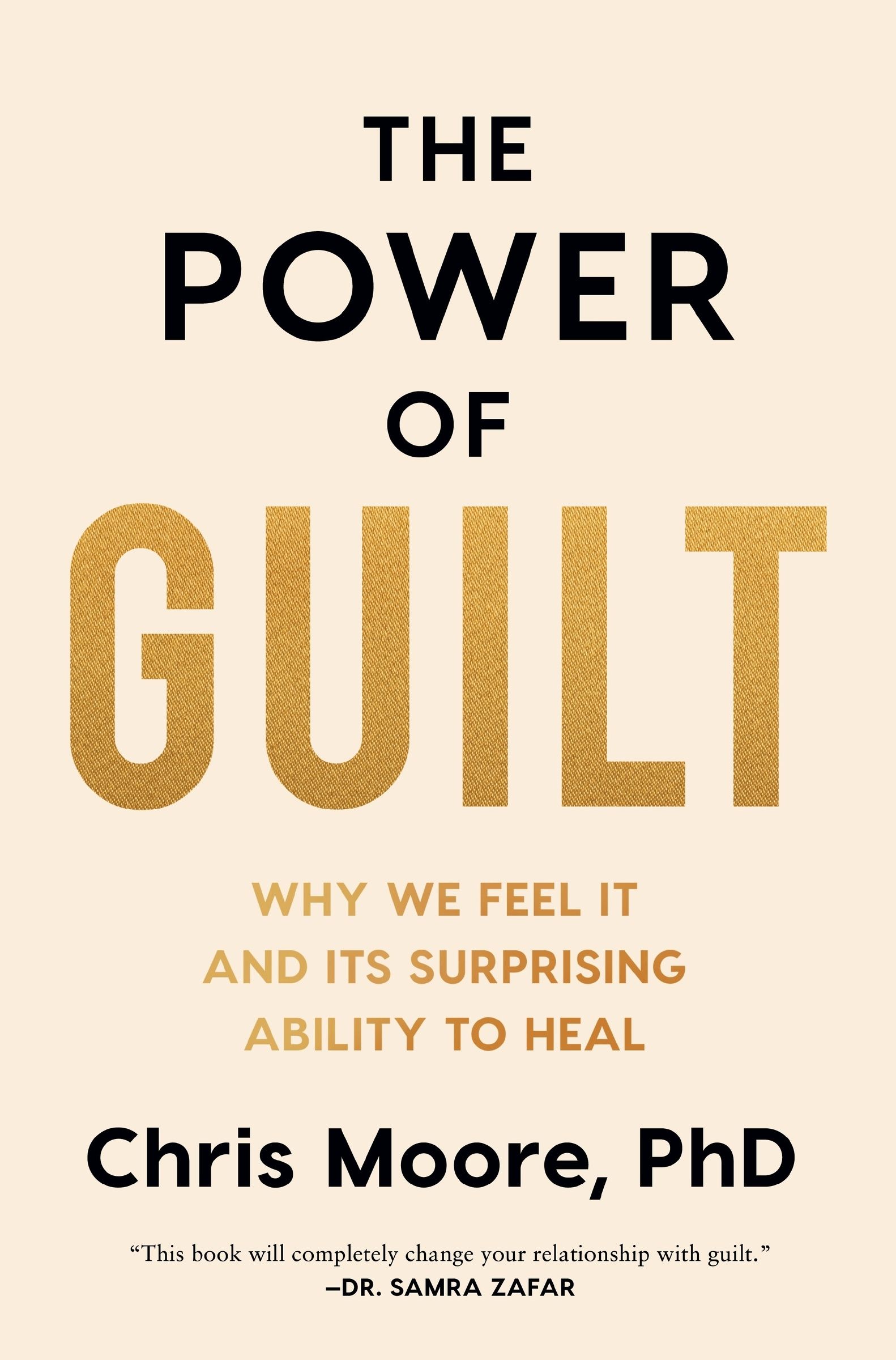Guilt sheds a whole new light on an emotion we all experience . . . and try to avoid. Guilt might not feel good, but it is good for us.
The human condition is one plagued by guilt. Whether you are a child or a parent, a friend or a lover, religious or atheist, you have almost certainly felt guilt at some point in your life. For some, it is a regular, even daily experience. It’s never pleasant, but it can be useful. Rather than thinking of guilt in terms of wrongdoing, we need to focus instead on who (or what) we feel guilty about. Then, we can recast guilt as an emotional signal that a relationship has been damaged. And set things right.
Guilt tells us when we have harmed someone we care about and that we should attempt to repair that harm. It helps us care for our relationships and upholds our very society. However, when ignored, internalized, and misdirected, it can cause us all kinds of trouble—which may be where it got its bad reputation. When we understand it and pay attention to its signals, guilt is actually a healthy reaction, not the negative scourge it is made out to be. Its purpose is to motivate us to try to gain forgiveness for our mistakes and missteps, and, ultimately, to restore our relationships.
Psychologist Chris Moore weaves storytelling and science together to explore the many ways this emotion affects our lives, using his own deep personal experience, as well as extensive research into human and animal psychology, psychotherapy, philosophy, comparative religion, and legal frameworks. Guilt tells the story of the emotion we would all rather escape: what it is, where it comes from, how it works, and the heart of its purpose.
Guilt sheds a whole new light on an emotion we all experience . . . and try to avoid. Guilt might not feel good, but it is good for us.
The human condition is one plagued by guilt. Whether you are a child or a parent, a friend or a lover, religious or atheist, you have almost certainly felt guilt at some point in your life. For some, it is a regular, even daily experience. It’s never pleasant, but it can be useful. Rather than thinking of guilt in terms of wrongdoing, we need to focus instead on who (or what) we feel guilty about. Then, we can recast guilt as an emotional signal that a relationship has been damaged. And set things right.
Guilt tells us when we have harmed someone we care about and that we should attempt to repair that harm. It helps us care for our relationships and upholds our very society. However, when ignored, internalized, and misdirected, it can cause us all kinds of trouble—which may be where it got its bad reputation. When we understand it and pay attention to its signals, guilt is actually a healthy reaction, not the negative scourge it is made out to be. Its purpose is to motivate us to try to gain forgiveness for our mistakes and missteps, and, ultimately, to restore our relationships.
Psychologist Chris Moore weaves storytelling and science together to explore the many ways this emotion affects our lives, using his own deep personal experience, as well as extensive research into human and animal psychology, psychotherapy, philosophy, comparative religion, and legal frameworks. Guilt tells the story of the emotion we would all rather escape: what it is, where it comes from, how it works, and the heart of its purpose.
